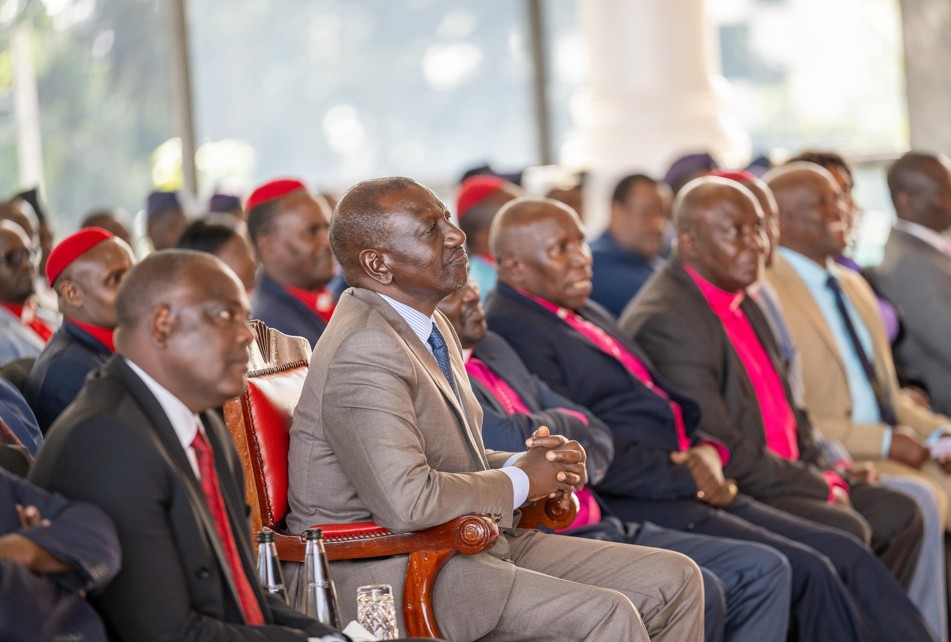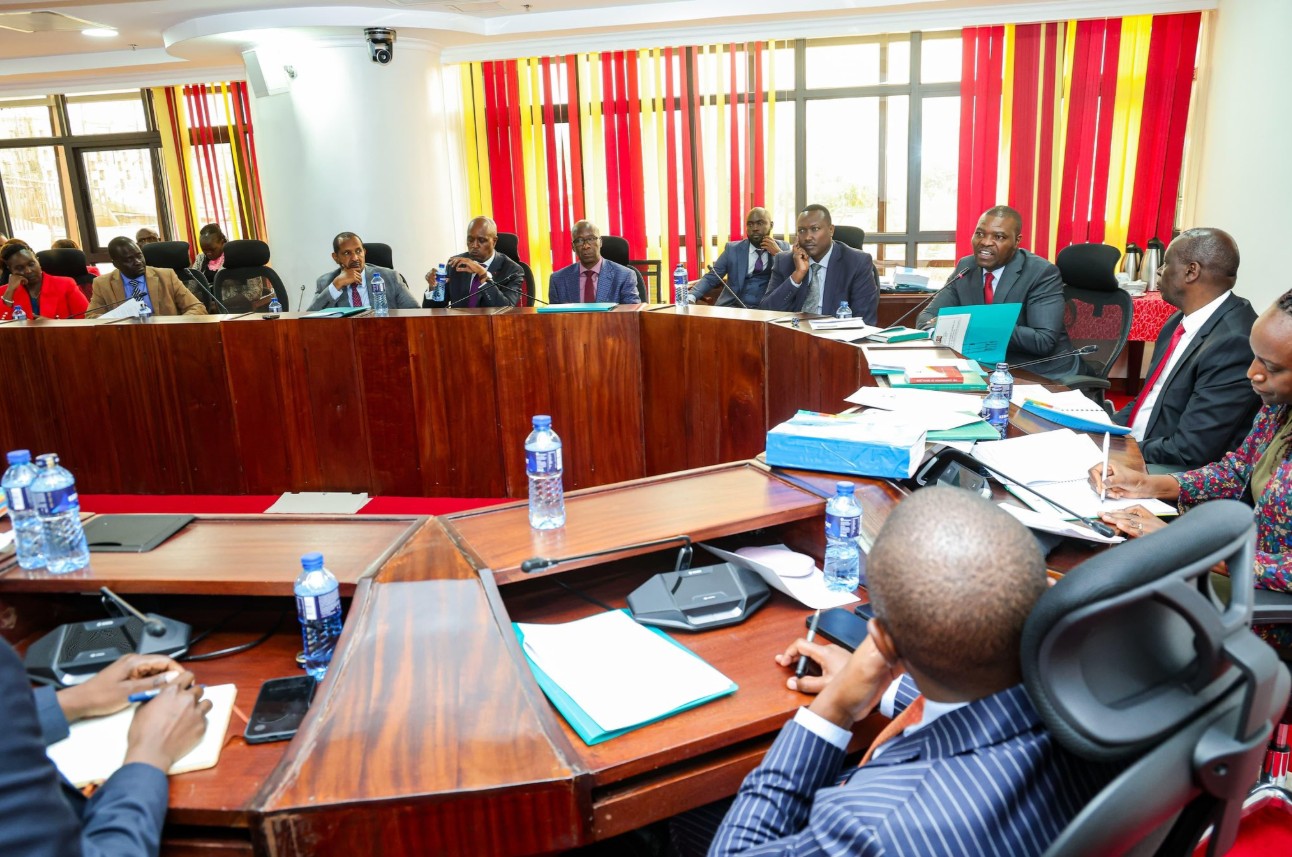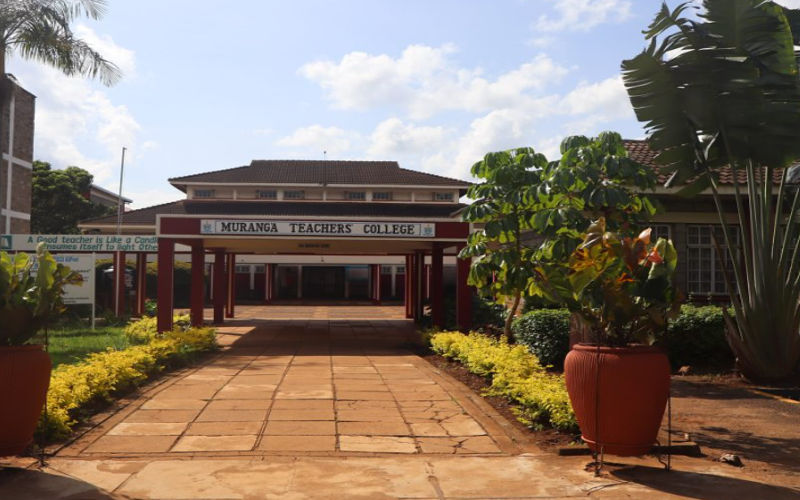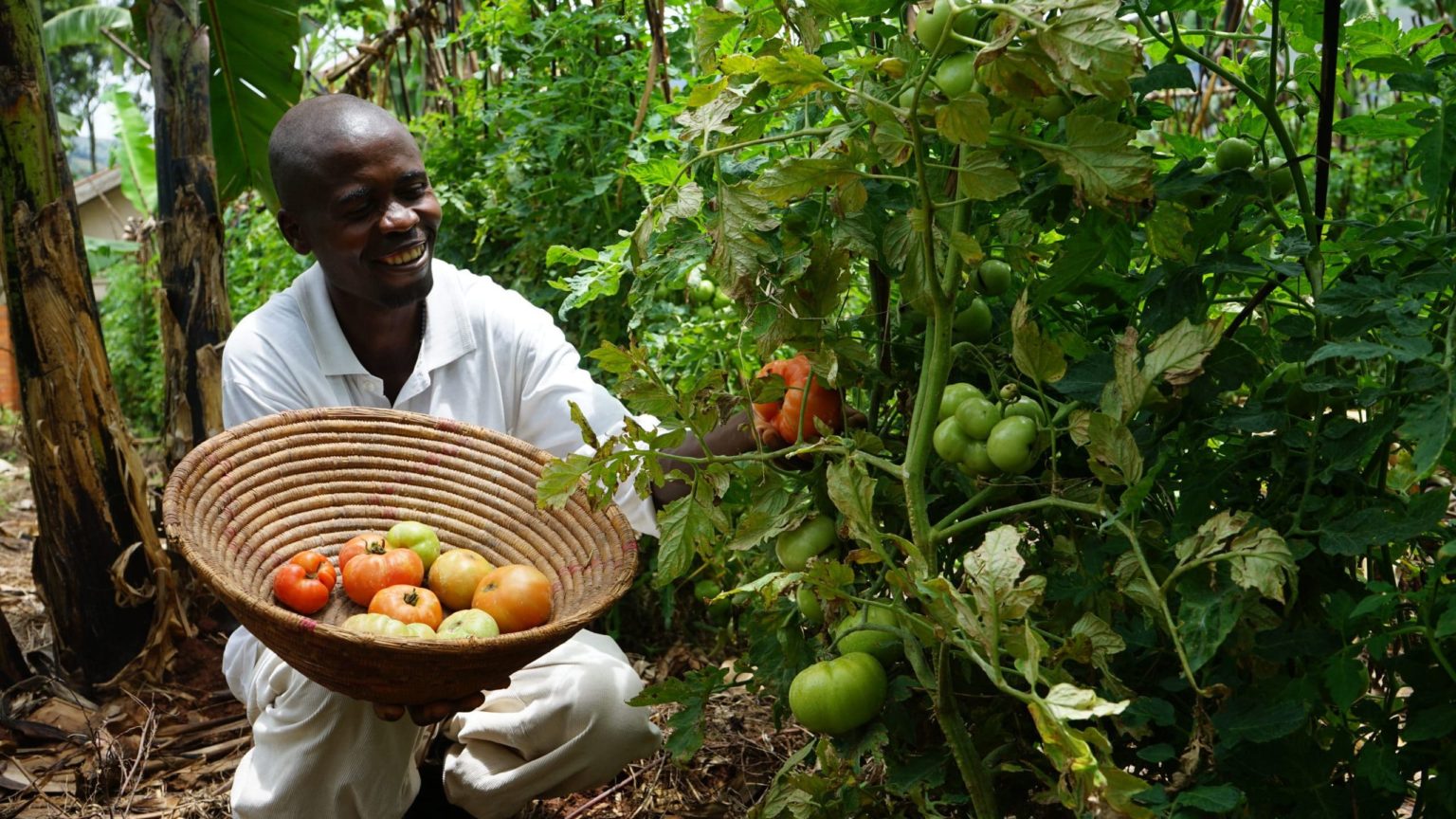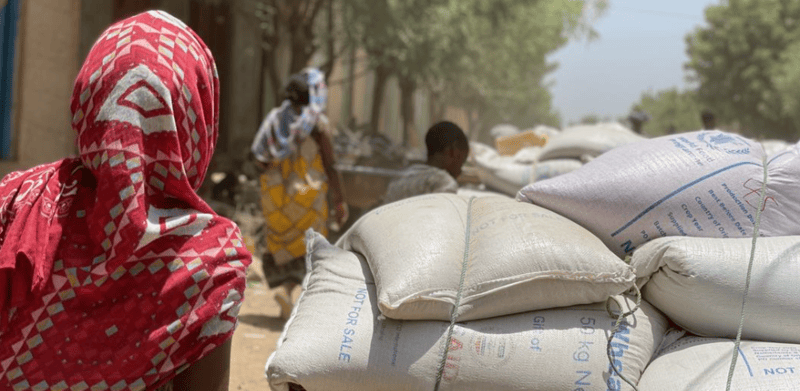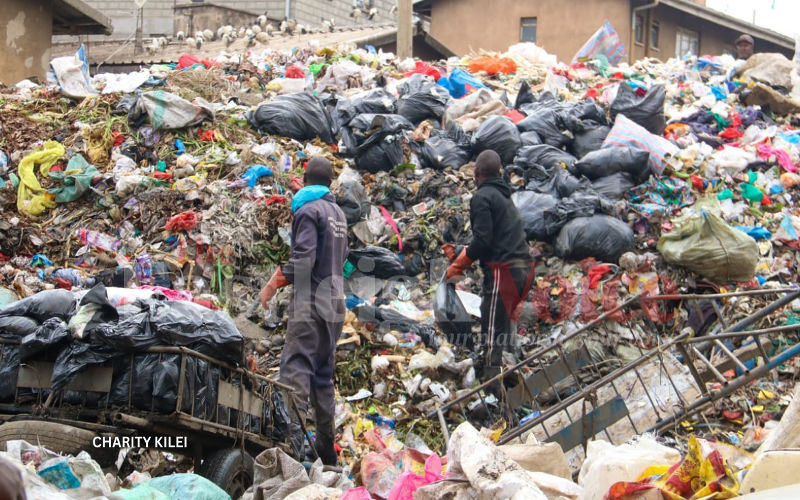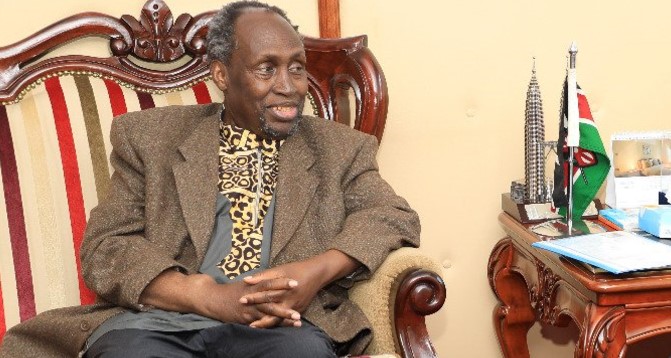Small-scale farmers get Sh10.2 billion boost as state prioritises agricultural transformation

However, the sector’s overall budget has been scaled down by three per cent to Sh47.6 billion, from the previous Financial Year allocation of Sh54.6 billion.
In a strategic shift aimed at driving agricultural transformation, the government has strategically increased funding for scaling up small-scale farmers in the country.
In its budget allocations for the Financial Year 2025/26, the National Treasury has announced an increase of Sh4.1 billion from the previous year for the National Agricultural Value Chain Development Project (NAVCDP), within the Agriculture sector.
More To Read
- Court declines to hear nomination of Harold Kipchumba as Mbadi's replacement
- Government targets land sale to settle Kenya Railways pension arrears
- Treasury CS warns counties on growing Sh103 billion pension debt, calls for reforms
- MPs seek views of Kenyans on Privatisation Bill as they protest State wastage
- MPs order government to address financial mismanagement before selling KPC stake
- Four CSs in fresh legal battle over Sh50 e-Citizen fee
The project, launched in 2023, is mandated to champion the transition of small-scale farmers from subsistence farming to commercial agriculture through value addition.
The addition brings the total allocation to the project to Sh10.2 billion, making it the biggest budget winner for the financial year across the sector.
However, the sector’s overall budget has been scaled down by three per cent to Sh47.6 billion, from the previous Financial Year allocation of Sh54.6 billion.
Speaking in parliament during the budget statement, Treasury Cabinet Secretary John Mbadi said the government is committed to transforming the agriculture sector by increasing productivity in key value chains such as fisheries and aquaculture, horticulture, food crops, livestock and rangeland development.
“The Government will scale up support to farmers through input financing, subsidies and extension services. This will move the country from food deficit to food surplus, reduce reliance on food imports and revamp export crops,” Mbadi said.
Fertiliser subsidy
Other key allocations in the sector include Sh8.0 billion for the fertiliser subsidy programme, Sh800 million for the Small-Scale Irrigation and Value Addition Project and Sh1.2 billion for the Food Security and Crop Diversification Project.
The Food Systems Resilience Project has been allocated Sh5.8 billion.
To promote livestock production, the National Treasury announced an allocation of Sh2.3 billion for the De-Risking, Inclusion and Value Enhancement of Pastoral Economies Programme.
Additionally, Sh1.6 billion has been set aside for the Kenya Livestock Commercialisation Programme (KeLCoP) and Sh280 million for the Livestock Value Chain Support Project.
Sh340 million has been allocated for the development of the Leather Industrial Park at Kenanie in Machakos County.
Blue Economy
On the other hand, the Blue Economy and fisheries subsector have been allocated Sh8.2 billion.
Nevertheless, Sh318 million has been directed towards the Ending Drought Emergencies project and Sh1.3 billion to the Resilience for Food & Nutrition Security Program.
This aims to raise agricultural productivity and enhance resilience to climate change risks among targeted smallholder farming and pastoral communities.
The government has also set aside Sh3.8 billion for the Settlement of the Landless initiative, as part of its commitment to land reforms that address historical inequalities, promote equitable access, and ensure sustainable land management.
Top Stories Today
Reader Comments
Trending


